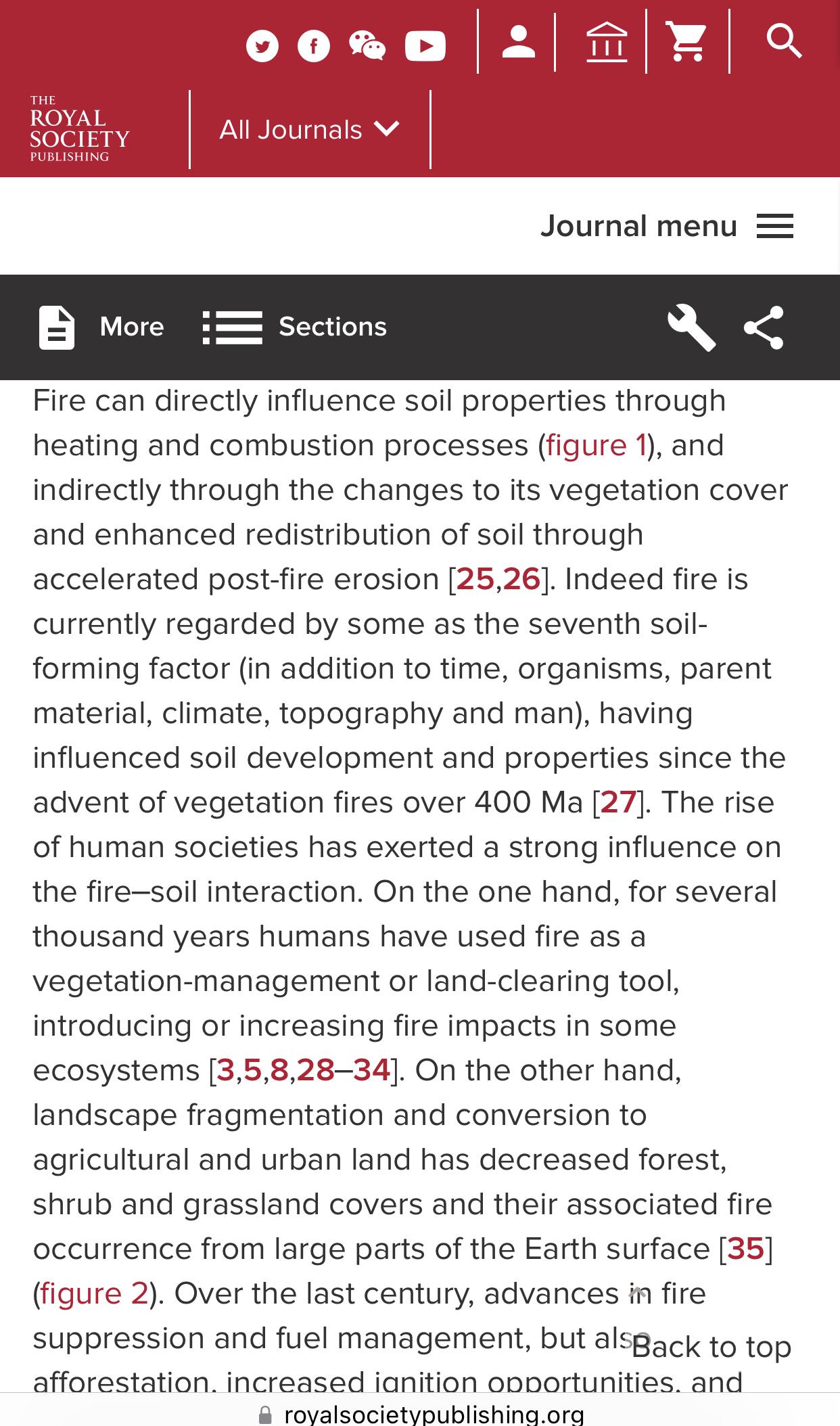Originally posted by AlbertaFarmer5
View Post
You should do your homework and be more carefull about posting evidence from organizations that contradicts your claims! LOL
Is it time for more personal attacks?
https://www.nerc.com/news/Headlines%20DL/Summer%20Reliability%20Assessment%20Announcement%2 0May%202023.pdf
Two-thirds of North America Faces Reliability Challenges in the Event of Widespread Heatwaves
May 17, 2023
ATLANTA – NERC’s 2023 Summer Reliability Assessment warns that two-thirds of North
America is at risk of energy shortfalls this summer during periods of extreme demand. While
there are no high-risk areas in this year’s assessment, the number of areas identified as being
at elevated risk has increased. The assessment finds that, while resources are adequate for
normal summer peak demand, if summer temperatures spike, seven areas — the U.S. West,
SPP and MISO, ERCOT, SERC Central, New England and Ontario — may face supply shortages
during higher demand levels.
“Increased, rapid deployment of wind, solar and batteries have made a positive impact,â€
said Mark Olson, NERC’s manager of Reliability Assessments. “However, generator
retirements continue to increase the risks associated with extreme summer temperatures,
which factors into potential supply shortages in the western two-thirds of North America if
summer temperatures spike.â€
This year’s assessment, which is summarized in a 2023 Summer Reliability Assessment
Video, finds that:
• Areas in the U.S. West are at elevated risk due to wide-area heat events that can
drive above-normal demand and strain resources and the transmission network.
• In SPP and MISO, wind energy output will be key to meeting normal summer peak
and extreme demand levels due to little excess firm capacity.
• The risk of drought and high temperatures in ERCOT may challenge system
resources and may result in emergency procedures, including the need for operator-
controlled load shedding during periods of low wind and high generator outages.
• The SERC Central region is forecasting higher peak demand and less supply capacity,
creating challenges for operators to maintain reserves in extreme scenarios.
• New England has lower available capacity than last year, resulting in a higher
likelihood of system operators using emergency procedures to manage extreme
demand conditions.
• In Ontario, extended nuclear refurbishment has reduced available capacity, limiting
system reserves needed to manage peak demand






Comment